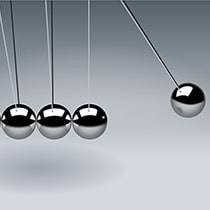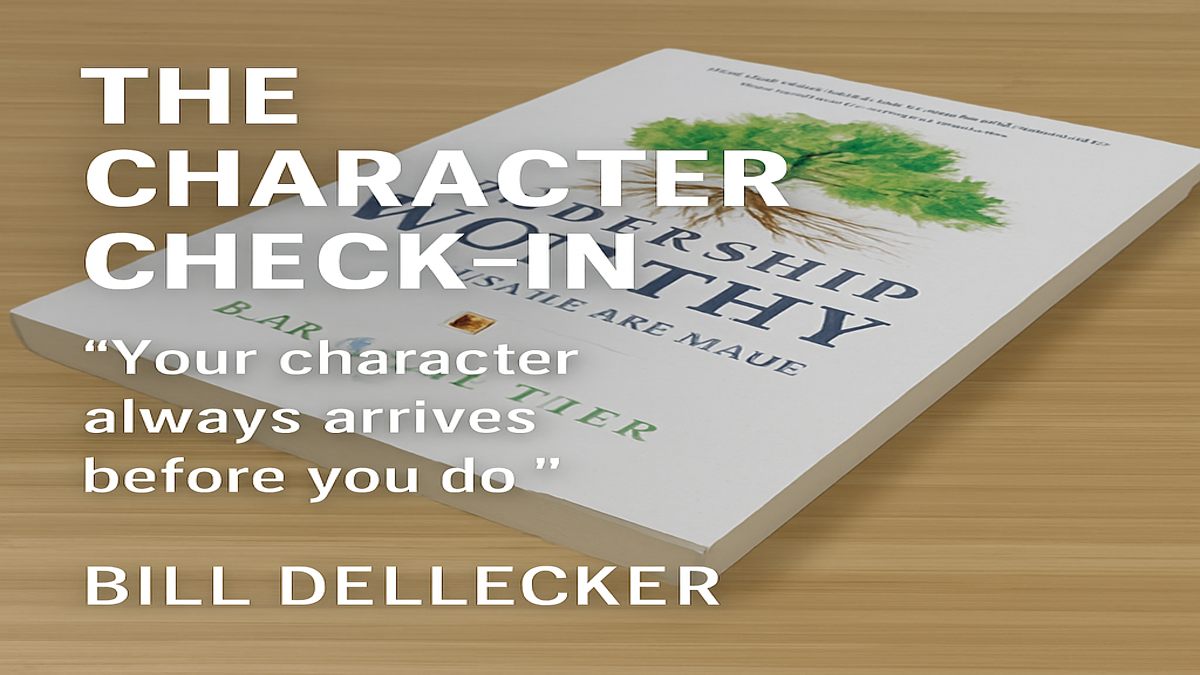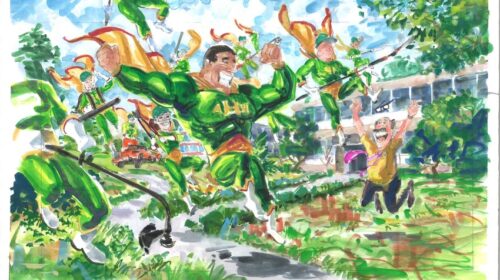Leading: How do you sustain company momentum? Reward Results.
Many people are intrinsically motivated when they’re doing work that matters, but leaders have a unique opportunity to reinforce behavior that leads to desired results. Before we consider what types of rewards are appropriate, however, let’s focus on the results that earn them.
Results should be measurable and aligned with the company’s guiding principles. Simply “doing your job,” showing up or managing not to get injured at work isn’t reward-worthy, in my opinion. Those are (or at least should be) basic expectations of everyone on the team. I’m not keen on rewarding “expected” behaviors. Said another way, not everyone deserves a gold star. As a leader, if you’re willing to dive in alongside your team to guide and support them, they will repay you with loyalty to you and the cause. It doesn’t require rewards to reinforce that, as the effort is its own reward.
Rewards should enter the picture when team members truly go “above and beyond.” Leaders must be crystal clear about what constitutes the performance standard, which can be described as the “table stakes” for being on the team. Once those baseline standards are set, then establish the levels or hurdles that must be leaped to earn rewards. Realize that rewards will drive behaviors, so make sure that what you’re rewarding is in sync with your business goals and your guiding principles. Ugly things happen when these are out of balance and know that you will get what you reward—both good or potentially not!
When people hear the word “rewards,” many first think of them in an economic sense: additional compensation for a job exceptionally well done. That approach can be useful, when the other elements are in place, but the first type of meaningful reward actually comes in the form of recognition.
Public kudos for a job exceptionally well done is a powerful emotional motivator. We all like to hear praise when we’ve accomplished something noteworthy. It’s great for the recipient, but it also inspires the rest of the team by highlighting what success looks like. And, amazingly, it doesn’t cost anything more than caring and taking the time to notice. Leaders begin rewarding here.
When it comes to economic rewards in business, there are three primary types:
- Discretionary. Leaders may choose to wait and see how it all turns out, make subjective judgments on who contributed the most, figure out what results were achieved and then decide what relative rewards will be doled out to different individuals from a bonus pool. That approach may work for some leaders and organizations, but for most this practice has all the makings of favoritism and disappointment. This is especially true as organizations become larger. When leaders make discretionary monetary awards without clear linkage to the results that made them possible, they send mixed messages to the organization.
- Individual. Some roles are more individual by their nature than others and lend themselves to distinct personal rewards. There are many ways to design sound and clear methodologies for rewarding exceptional individual results, whether in roles like sales (which are historically viewed this way) or in operations, where exceptional performance of select individuals can produce out-sized results. Within a team, if individuals stand to earn rewards that differ from those of others, make absolutely certain that the standards and methodologies are clear and transparent. If the individuals can’t track how they are doing in real time and in a transparent manner, the organization could be headed for real trouble with damaged morale and mistrust when some are rewarded and others are not.
- Team. In most organizations, it takes a team effort of individuals working together to produce desired results. Team members will likely have different roles and varying potential for impact, but they need one another to reach the goal. Consider crucial areas like customer service, retention and safety as examples. When this is the case, designing rewards for the team to share can be a powerful motivator and driving force in the business. The flip side is that if some team members can push while others coast, yet they stand to realize the exact same shared rewards, team morale and performance will suffer. It’s a delicate balancing act.
Tempus Maximize!







